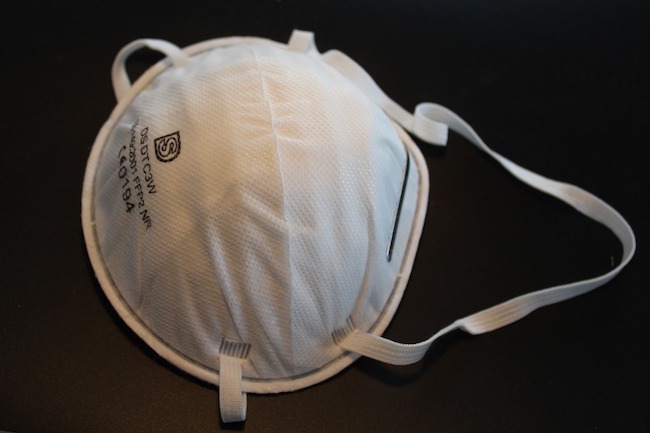Health Experts Need To Get Out Of The Society Manipulation Business By Nathanael Blake for The Federalist
Without political leaders and health officials they can trust, the American people will end up deciding for themselves what risks they’re willing to take.
Noble lies often come to ignoble ends. Consider the current pandemic, in which too many public health officials and politicians decided that we can’t handle the truth. At first, they worried that the American people would panic. Then, they worried that Americans were not sufficiently afraid.
Now, as coronavirus vaccines are being approved and distributed amidst a deadly spike in cases, people are noticing the difference between when scientists conduct genuine science and when they play at social psychology in the name of public health.
The vaccine development, testing, and production of Operation Warp Speed appear to have been an incredible success, beating the expectations of countless critics. In contrast, public health messaging and measures have often been inconsistent and counterproductive.
Of course, a variety of factors have led to this result. As we’ve learned more about the virus, our understanding of how to respond to it has evolved. Because many people, including politicians, are involved, public health responses have varied for many reasons, including (of course) politics.
Furthermore, there was no way out of this pandemic without difficult tradeoffs, making it harder to get things right. Almost everyone has had to alter course at some point. For instance, Sweden, long hailed by lockdown opponents, recently decided to close high schools in response to a second wave of infections.
But the inevitable imperfections of government responses to the pandemic have been made worse by deliberate decisions to try to manage people with falsehoods, rather than telling them the truth. Examples abound from the early days of the pandemic, from the decision to advise the public against wearing masks, to officials and politicians of both parties (including President Trump) downplaying the threat of the coronavirus. For example, several New York City public health officials, as well as politicians, encouraged residents to get out and go about life as the virus began its spread through their city.
These choices were driven by a lack of trust in the public. It was assumed, for instance, that if people were told masks might reduce viral spread, they would then panic-buy all the masks they could, leaving none for health-care workers. Likewise, President Trump defended tweets and comments that minimized the dangers posed by the virus by saying that he did not want people to panic.
This fear of public panic seems to have been mistaken; people mostly kept their heads when the brunt of the pandemic arrived. Instead of civilization-rending upheaval, some folks bought too much toilet paper. Much of the public, it turned out, could handle the truth.




